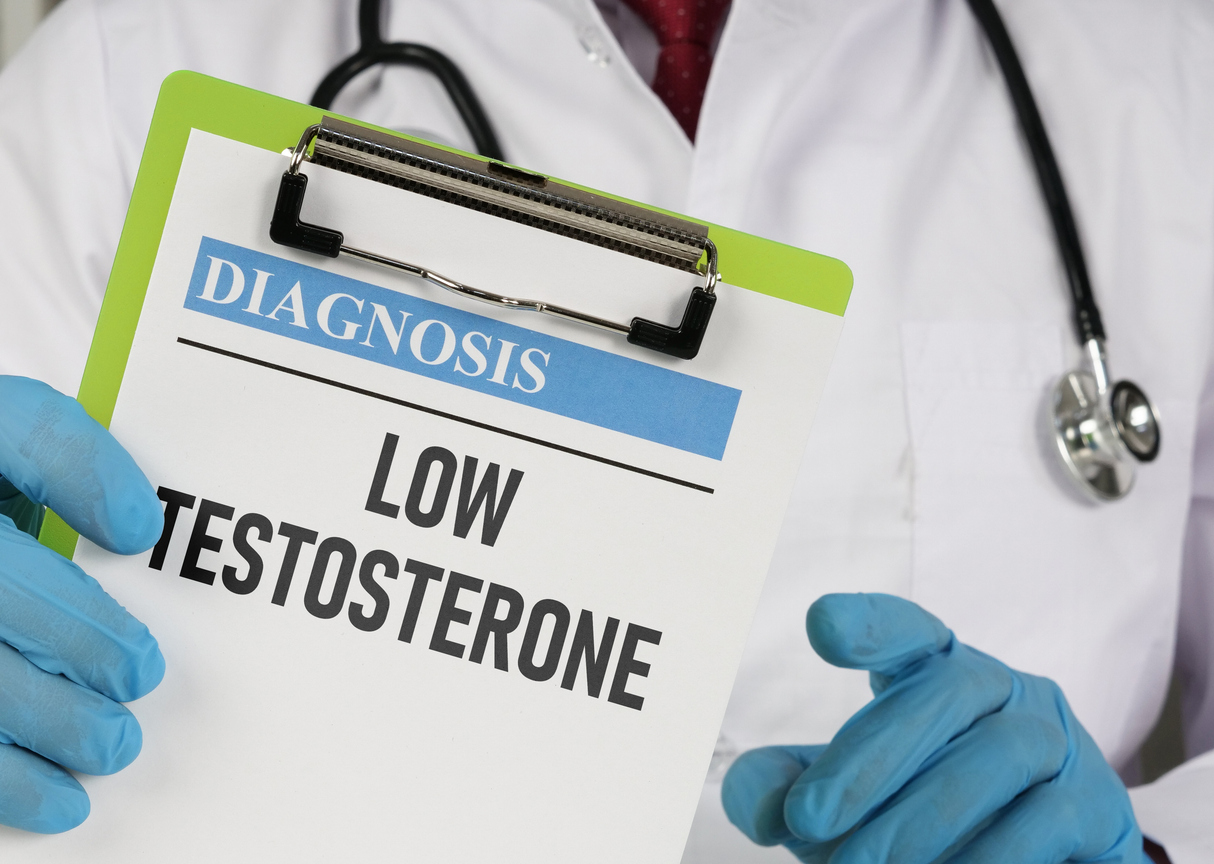What is the Thyroid gland?
The thyroid gland is butterfly-shaped and located in the neck, just below the Adam’s apple. It produces two hormones, triiodothyronine (T3) and thyroxine (T4), which regulate many of the body’s metabolic processes. Thyroid hormones are essential to the body’s metabolism and energy production.
When is there a problem?
Hypothyroid
An underactive thyroid gland (hypothyroidism) slows down all bodily processes, including heart rate, body temperature and metabolism. The result is weight gain and fatigue. A deficiency can also lead to a goiter – an enlarged thyroid gland that may cause swallowing difficulties or breathing problems. If your immune system attacks the thyroid, you may have an autoimmune disorder known as Hashimoto’s disease. The eventual decline in thyroid hormone production leads to additional symptoms including dry skin, sensitivity to cold, constipation, muscle aches, menstrual irregularities, memory impairments, and depression.
Hyperthyroid
An overactive thyroid or hyperthyroidism is a condition where the thyroid gland produces too much thyroxine. Hyperthyroidism is less common (approximately 1% in U.S.) and causes your body to speed up the body’s metabolic processes. Graves’ disease is an autoimmune disorder that attacks your thyroid and causes the overproduction of thyroxine. Symptoms of hyperthyroidism include weight loss, irregular heartbeat, palpitations, nervousness, tremors, and other symptoms.
Blood Tests
The symptoms of fatigue, dry skin, thinning hair, brittle nails and depression can be signs of an underactive or overactive thyroid (hypothyroidism or hyperthyroidism). The evaluation of the thyroid function through blood tests can help diagnose hypothyroidism or hyperthyroidism. It can be measured through blood tests, like TSH, T4,T3, Free T3, Reverse T3 and Thyroid antibody tests. These are used to evaluate thyroid function and detect thyroid disease or problems.
If you are experiencing one or a combination of these symptoms, we can help you. A simple blood test can help diagnose you and bring you relief.
Contact Apex Hormone Health at info@apexhormonehealthcom or call us at






